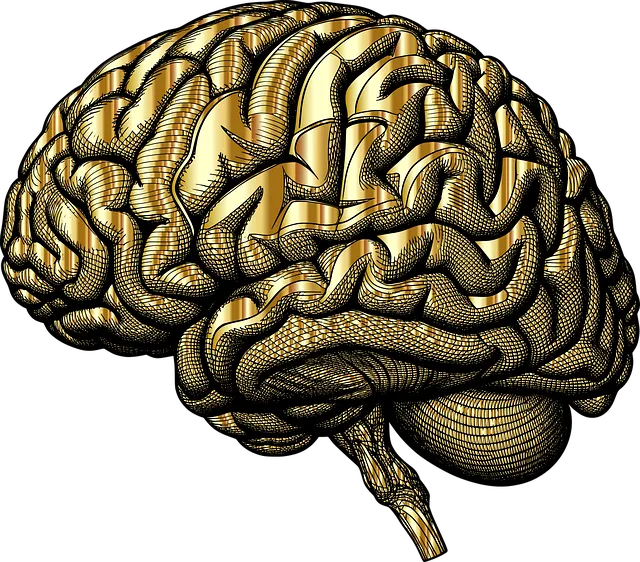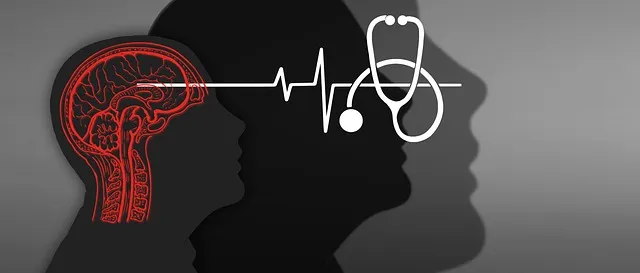The Kaiser Permanente training programs in Boulder focus on holistic mood regulation, prioritizing emotional intelligence development and evidence-based strategies like mindfulness, cognitive behavioral therapy, and stress management. These programs aim to reduce mental illness stigma, foster open emotion exploration, and build resilience through community support. By integrating techniques into daily routines, individuals can enhance well-being, prevent burnout, and lead more fulfilling lives, benefiting both personal growth and community harmony.
“Discover effective mood regulation strategies that can transform your emotional well-being. This comprehensive guide explores various techniques to achieve a harmonious state of mind. We delve into the science behind emotional balance, highlighting the impact of programs like Kaiser Permanente Training in Boulder, known for their innovative approach. Learn practical tips from experts on managing moods daily, covering mindfulness, exercise, and social connections. Enhance your mental health journey with evidence-based strategies that can be easily integrated into your routine.”
- Understanding Mood Regulation: Unraveling Emotional Balance
- Kaiser Permanente Training Programs Boulder: An Overview of Their Approach
- Practical Strategies for Daily Life: Tips and Techniques from Experts
- Enhancing Well-being: The Role of Mindfulness, Exercise, and Social Connections
Understanding Mood Regulation: Unraveling Emotional Balance

Understanding Mood Regulation is a fundamental step towards achieving and maintaining emotional balance. Kaiser Permanente training programs in Boulder often emphasize this aspect, recognizing that our moods are complex responses to internal and external stimuli. By unraveling the intricacies of emotional experiences, individuals can gain valuable insights into their triggers and develop effective strategies for mood stabilization. This involves cultivating emotional intelligence—the ability to recognize and manage one’s own emotions as well as understand and empathize with others’ feelings.
Emotional well-being promotion techniques play a pivotal role in this process. Through various exercises, therapies, and support systems, individuals can learn to navigate their emotional landscapes more effectively. Mental Illness Stigma Reduction Efforts also contribute significantly by fostering an environment where people feel safe to explore and express their emotions openly. By integrating these strategies into daily routines, one can enhance resilience, improve coping mechanisms, and ultimately, lead a more fulfilling life.
Kaiser Permanente Training Programs Boulder: An Overview of Their Approach

Kaiser Permanente Training Programs Boulder offers a holistic approach to mood regulation, focusing on both individual and community well-being. Their programs emphasize resilience building through various techniques, including mindfulness meditation and cognitive behavioral therapy (CBT). By integrating these evidence-based practices, Kaiser Permanente aims to empower individuals to manage stress, anxiety, and depression effectively.
In addition to personal development, their initiatives also highlight the importance of public awareness campaigns for mental health. Through educational workshops and support groups, they foster open dialogue, reduce stigma, and promote a sense of belonging. This inclusive strategy not only benefits individuals but also contributes to a more mindful and supportive community overall, underscoring Kaiser Permanente’s commitment to holistic well-being in Boulder.
Practical Strategies for Daily Life: Tips and Techniques from Experts

In today’s fast-paced world, managing one’s mood and mental well-being is more important than ever. Thankfully, experts at Kaiser Permanente training programs Boulder have developed practical strategies for daily life that can help individuals navigate stress, prevent burnout, and enhance overall resilience. These evidence-based techniques are designed to be easily incorporated into everyday routines, making mental health care accessible and convenient.
The programs emphasize the importance of self-care, mindfulness, and cultivating a supportive environment. Simple practices like regular exercise, mindful breathing exercises, and maintaining a balanced diet can significantly impact mood regulation. Additionally, incorporating cultural sensitivity in mental healthcare practice is a key focus, ensuring that strategies are tailored to individual needs while respecting diverse backgrounds. By combining these practical tips with professional guidance, folks can take charge of their mental health and foster a more positive and fulfilling life.
Enhancing Well-being: The Role of Mindfulness, Exercise, and Social Connections

At Kaiser Permanente training programs Boulder, we emphasize holistic well-being, recognizing that enhancing mental wellness involves nurturing both mind and body. Mindfulness practices, a cornerstone in our coaching programs development, have been shown to reduce stress and anxiety by promoting present-moment awareness. Incorporating mindfulness into daily routines can foster inner strength development and create a buffer against negative emotions.
Alongside mindfulness, regular exercise and strong social connections are vital components of our mental wellness coaching programs. Physical activity boosts mood by releasing endorphins and promoting better sleep, while public awareness campaigns development around mental health encourages open dialogue and reduces stigma. Nurturing these three aspects – mindfulness, exercise, and social connections – can significantly contribute to overall well-being, as supported by numerous studies in the field of inner strength development.
In conclusion, navigating mood regulation is a multifaceted process that involves understanding emotional balance, leveraging evidence-based strategies like those offered by Kaiser Permanente training programs Boulder, and integrating practical techniques into daily life. Enhancing well-being through mindfulness, regular exercise, and robust social connections can significantly impact overall mental health. By combining professional guidance with personal initiatives, individuals can effectively manage their moods and lead more fulfilling lives.






